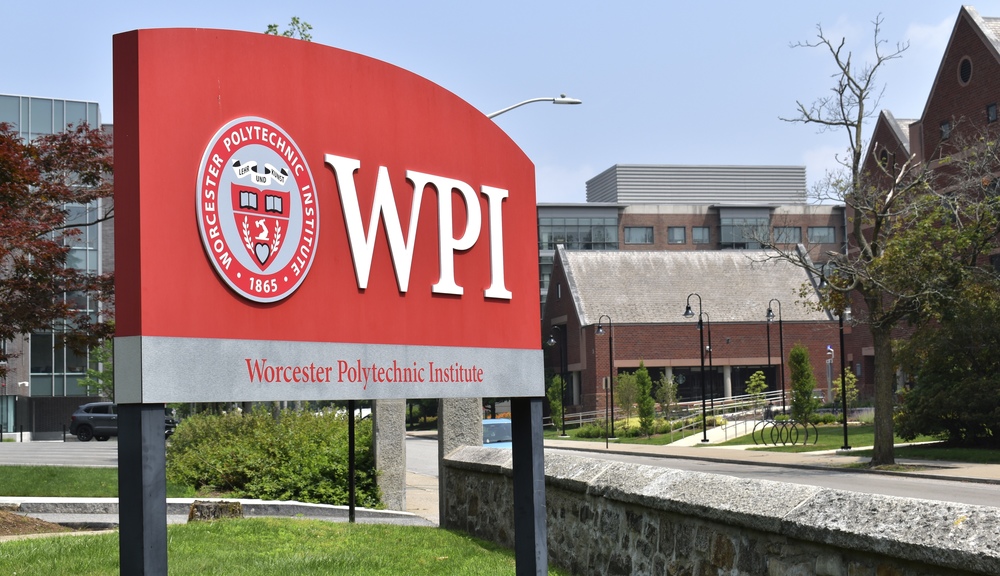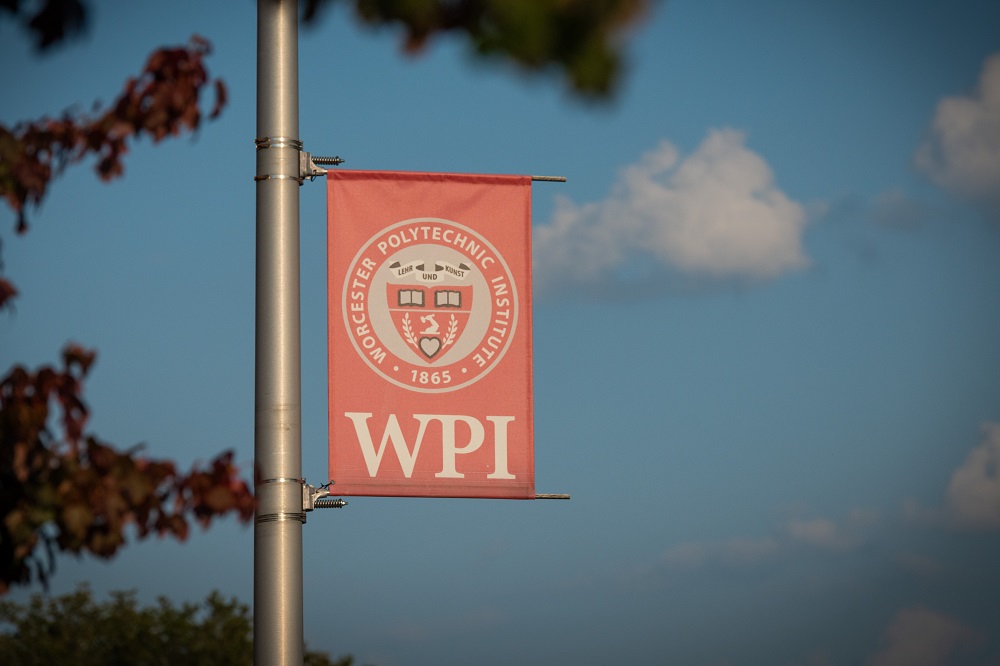BOSTON – A national report released today by the College Board* shows that Massachusetts outperforms most other states on overall Advanced Placement (AP) participation and performance. However, in its measure of equity and excellence for Hispanic and African-American students, the report ranks Massachusetts 48th and 17th, respectively.
At the same time, researchers from Worcester Polytechnic Institute (WPI) today released a new study (attached) highlighting a statewide program serving more than 6,000 students that is successfully closing racial and ethnic achievement gaps in public high schools throughout the Commonwealth. The WPI study examines AP performance among the Class of 2010 from The College Board’s 7th Annual Advanced Placement Report to the Nation, released today. Among the findings:
- Massachusetts ranks fifth among all states and the District of Columbia in the percentage of seniors who achieved a qualifying score of 3 or higher on any AP exam during their high school careers: 23.1% compared to the national average of 16.9%.
- However, Massachusetts ranks 48th in closing the AP performance gap for Hispanic/Latino students. These students comprised 10.6% of the Class of 2010, but only 4.9% of all successful AP test-takers. Massachusetts’ excellence/equity index for Hispanic students is 46.2, well below the national average of 86.9, and lower than all other states except Minnesota, Pennsylvania, and Idaho.
- Massachusetts ranks 17th for AP performance among Black/African-American students. These students comprised 7.5% of the Class of 2010, but only 2.4% of all successful AP test-takers.
The WPI study affirms that 21 high schools that have participated in the Mass Math + Science Initiative (MMSI) over the past two years are demonstrating significant progress toward closing achievement gaps:
- There is a significant reduction in the race gap in performance (between non-minority and minority students) for MMSI vs. non-MMSI schools, conditional on gender and income; in terms of the odds ratios, the gap more than halves for MMSI schools. In other words, the race gap for non-MMSI schools is nearly 2.5 times larger than for MMSI schools.
- Similarly, there is also a significant reduction in the income gap between MMSI and non-MMSI schools - i.e. in terms of the odds, the effect is reduced nearly by 3 times for MMSI schools. In other words, the income gap for non-MMSI schools is almost 3 times larger than for MMSI schools.
- Lastly, conditional on race and income, the gender gap in performance is significantly reduced in the MMSI schools compared to the non-MMSI ones; dropping from 66% for non-MMSI schools to 34% for MMSI schools (in terms of the odds of getting a qualifying score). In other words, the gender gap for non-MMSI schools is nearly 1.5 times as large as for MMSI schools.
MMSI’s focus on underserved students supports Governor Deval Patrick’s pledge in his inaugural address last month to eliminate student achievement disparities in order to ensure Massachusetts remains globally competitive. "We will close the achievement gap in Massachusetts and continue to show leadership in public education," said Governor Patrick. "Being first in the nation is a good start. But being first in the world is where we are headed."
"MMSI is demonstrating that by systematically supporting teachers’ efforts to provide stronger curriculum to an increasingly inclusive population, students from all racial, ethnic, and income backgrounds benefit," said Massachusetts Education Commissioner Mitchell Chester.
Launched in 2007 by Mass Insight Education in partnership with the Commonwealth of Massachusetts, MMSI now partners with 45 public schools and is the largest statewide high school science, technology, engineering and mathematics (STEM) education program. In its first three years, MMSI has increased AP enrollments in participating schools from about 4,000 to more than 8,000 today.
Among the first 21 high schools in the program, MMSI has nearly doubled the number of passing scores on AP math, science and English exams. In 2008, these schools posted only 1,042 passing or "qualifying" scores (math, science or English AP scores of 3 or higher). In 2010, that number grew to 2,044 – a 96% increase in two years, significantly outpacing state and national gains during the same period. According to national research, students who pass at least one AP exam are three times more likely to graduate from college than those who do not.
The WPI study was conducted by Professor Joseph Petruccelli, Ph.D., and Assistant Professor Dhiman Bhadra, Ph.D., from the Department of Mathematical Science.
"It is not an understatement to say that American competitiveness relies on our ability to boost student interest in and preparation for employment in the STEM fields," said WPI President Dennis Berkey. "In order for our nation to compete globally, we need to ensure that our workforce is as diverse as possible. To that end, it is critical that we empower and encourage girls, members of the Hispanic community, underrepresented minorities, and children from underprivileged backgrounds to develop the analytical and innovation skills necessary for success in STEM careers."
"The Mass Math + Science Initiative is creating challenging learning opportunities to put more students on the road to college," said Rep. Marty Walz, Assistant Vice Chair of the House Ways and Means Committee and former Co-Chair of the Education Committee. "I’m particularly impressed that the program is making a difference in Boston and other urban communities, expanding college readiness for students from low-income families."
"By passing the Achievement Gap Act of 2010, the Governor and legislature sent a strong message that we have to be more targeted and systemic in ensuring the success of our Black and Latino students," said former Rep. Marie St. Fleur, who also co-chaired the Joint Education Committee and now serves as the City of Boston’s Chief of Advocacy and Strategic Investment for Mayor Thomas M. Menino. "The Mass Math + Science Initiative works here in Boston and across the Commonwealth because we raised expectations and provided the supports students and teachers need to be successful."
"MMSI schools are achieving results because teachers, students and administrators are refusing to settle for anything less than excellence," said Morton Orlov II, President of MMSI. "This program raises the bar, and across the Commonwealth, students are proving they can meet higher standards and excel in college-level courses."
The College Board is a not-for-profit organization that administers programs and services in college readiness and college success — including the SAT and the Advanced Placement Program. The College Board’s Advanced Placement Program (AP) enables students to pursue college-level studies while still in high school. Through college-level courses, each culminating in a rigorous exam, AP provides students with the opportunity to earn college credit, advanced placement or both. Taking AP courses also demonstrates to college admission officers that students have sought the most rigorous curriculum available to them. Each AP teacher’s syllabus is evaluated and approved by college faculty from some of the nation’s leading institutions, and AP exams are developed and scored by college faculty and experienced AP teachers. AP is accepted by more than 3,800 colleges and universities worldwide for college credit, advanced placement or both on the basis of successful AP exam scores. This includes over 90% of four-year institutions in the United States. In 2010, 1.8 million students representing more than 17,000 schools around the world, both public and nonpublic, took 3.2 million AP exams.
About the Mass Math + Science Initiative
The Mass Math + Science Initiative (MMSI), led by Mass Insight Education, expands access and improves outcomes in college-level AP courses in order to prepare students for highly skilled careers in science, technology, engineering and mathematics (STEM) and is the state’s largest high school math and science program aimed at underserved students. The program has expanded rigorous, college-level Advanced Placement courses in 46 public high schools across Massachusetts as of September 2010, resulting in nearly 5,000 new enrollments in AP classes, and more than 1,000 additional passing scores on math, science and English AP exams. The MMSI approach includes extensive teacher training and mentoring, tutoring and other academic supports for students, as well as privately-funded financial awards for teachers and students. Schools participating in the program sign performance agreements with MMSI, which include annual enrollment and achievement targets. The Massachusetts program is one of six nationwide funded in part by a private grant from the National Math + Science Initiative. For more information, visit http://www.massinsight.org/tag/mmsi/.
About Worcester Polytechnic Institute
WPI is one of the nation’s first engineering and science universities. In addition to offering more than 50 undergraduate and graduate degree programs in science, engineering, technology, business, the social sciences, and the humanities and arts, WPI also has one of the largest and most comprehensive university-based K-12 STEM outreach programs in the nation. Through this program, WPI works broadly with students in elementary, middle and secondary schools, and features programs to engage girls and students from underrepresented minorities in the STEM disciplines. WPI also provides training programs and classroom resources for teachers. www.wpi.edu
# # #
* Advanced Placement®, College Board®, AP® and SAT® are registered trademarks of the College Board, which was not involved in the production of, and does not endorse, this product.


